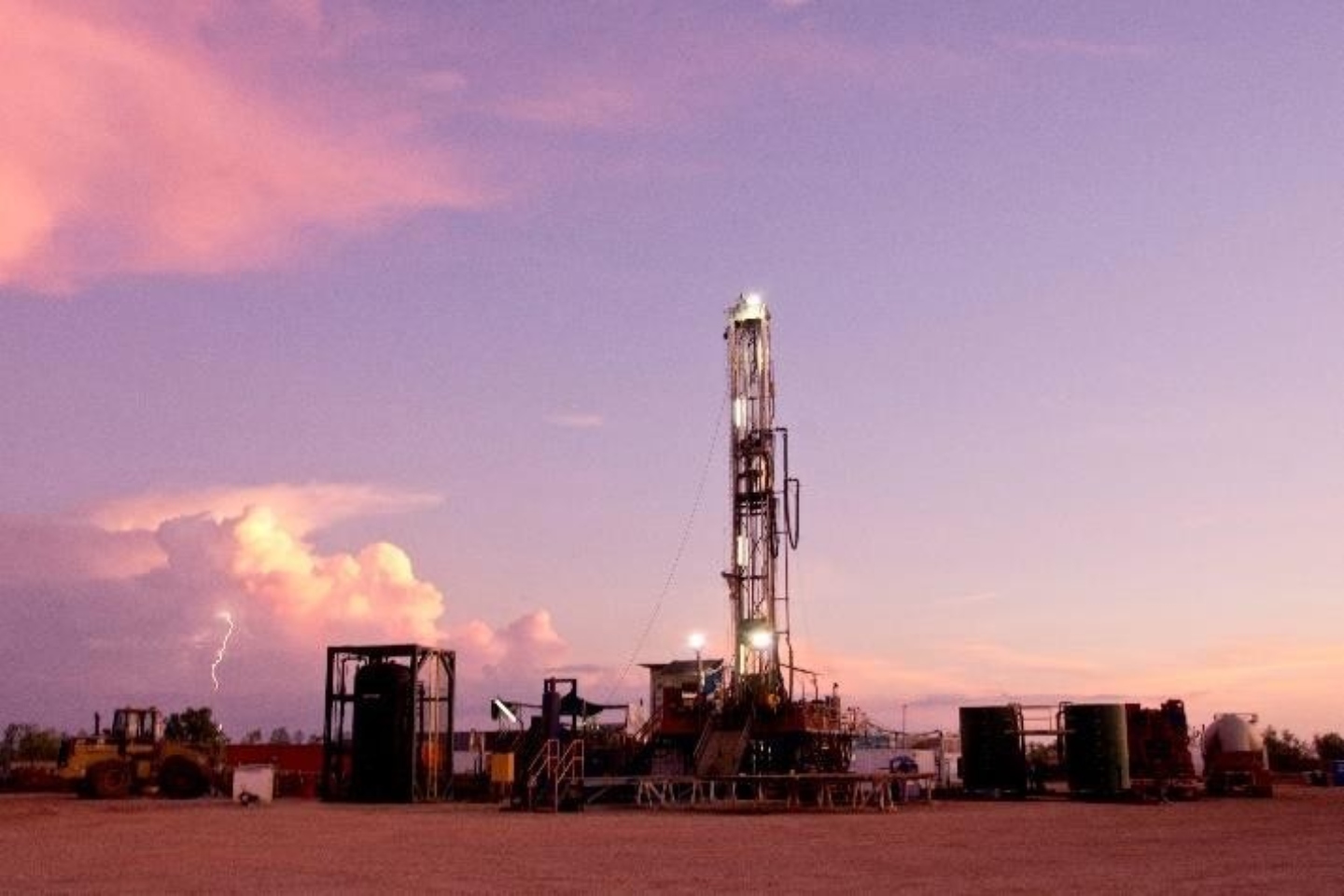Buru Energy has been buoyed by the return to operations at its Ungani oilfield, which was closed last summer as a result of the widespread devastation wreaked by Tropical Cyclone Ellie. Turning the oil tap back on means the company’s first revenue of the year from its sole producing asset will soon roll into its coffers, with its first oil shipment slotted for Q3.


Western Australian-based Buru Energy has been buoyed by the return to operations at its Ungani oil field in the Kimberley region after being forced to close last summer as a result of the widespread devastation wreaked by Tropical Cyclone Ellie.
Restarting operations means the company’s first revenue of the year from its sole producing asset will soon be rolling into its coffers, as it prepares to start shipping oil again in the third quarter of this calendar year.
Buru is the operator and 50 per cent owner of the Ungani asset, with ROC Oil owning the other 50 per cent. Ungani is about 90km east of Broome and includes six production wells and associated production facilities.
Its oil is trucked to the port of Wyndham, where it is stored in an 80,000-barrel tank. It is then bought free-on-board by BP Singapore and shipped to South East Asian refineries.
But that business mechanism came to a grinding halt in late December last year when category-one Cyclone Ellie made its landfall in WA and the Northern Territory and brought gale-force winds and torrential rainfall that swelled the Fitzroy River to record levels and spread it 50km wide.
The extraordinary weather event destroyed roads and the Fitzroy River Bridge, leaving communities stranded and the WA and Federal Governments footing a damage bill estimated at $322 million – a figure which is still rising.
The Ungani production facility itself sustained only minor flooding and no damage to plant or equipment, but the destruction of the bridge and roads – specifically, the oil transportation road route to Wyndham port – inflicted heavy collateral damage.
As a result of the subsequent closure of Ungani’s operations on January 5 and the evacuation of its personnel, Buru’s revenue loss has been calculated at about $3.5 million. But the financial fightback is about to begin.
As a result of Cyclone Ellie, Buru management “sharpened the focus on capital allocation and management” to ensure the company remained robust, with employees taking holidays and going on furlough.
Buru Energy chief executive officer Thomas Nador said: “Since 2015, the Ungani operation has been an important regional employer and contributor to the local economy through direct and indirect employment, procurement, community support and royalties. As such, the restart of production is being welcomed by many, including our staff, shareholders, supply chain partners, the local community and the Government.”
Buru kick-started its trucking operations last week to clear its oil inventory at the Ungani plant after the Department of Transport and Main Roads opened a low-level crossing of the Fitzroy River – deemed suitable for heavy vehicles – at Fitzroy Crossing.
Initial oil production rates following the restart are predicted to be in the ballpark of between 500 and 600 barrels per day and the next shipment from Wyndham is planned for the third quarter of this calendar year.
Ungani sits in the Canning Basin, which covers about 530,000 square kilometres and is WA’s biggest sedimentary basin. Buru holds the basin’s dominant acreage position and is an active explorer and also counts the promising Rafael 1 well as an important asset.
Rafael, to the south-east of Ungani, has been independently assessed as containing recoverable volume of one trillion cubic feet of gas and more than 20 million barrels of condensate.
Is your ASX-listed company doing something interesting? Contact: matt.birney@businessnews.com.au












